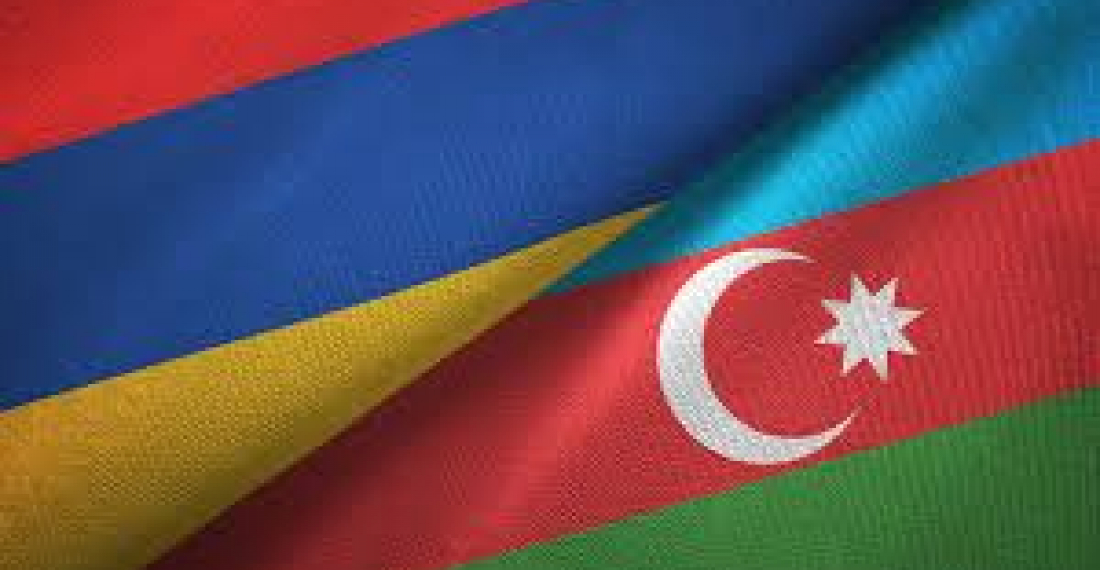Updated at 1030 CEST/1230 Baku/Yerevan
International efforts are under way to try to contain fighting on the Armenian-Azerbaijani border.
EU Special Representative for the South Caucasus Toivo Klaar said the EU is in close contact with the sides to contribute to de-escalation. "The fighting along the Armenian-Azerbaijan border & the reported intense shelling need to stop immediately", Klaar tweeted.
Dozens of soldiers are reported to have been killed in the heavy exchange of fire overnight. Armenia says that at least 49 of its soldiers are dead. Azerbaijan has also reported casualties. It is not yet clear if there were civilian casualties on either side
_______
There was intensive diplomatic activity in the early hours of Tuesday (13 September) following armed clashes between Armenia and Azerbaijan on their border.
Both sides accuse each other of provocations and there were reports of use of heavy weapons, including artillery, mortars and drones. There are also reports of casualties, although this cannot as yet be confirmed.
Armenian sources said that prime minister Nikol Pashinyan spoke on the phone with Russian president, Vladimir Putin, French president Macron and US Secretary of State Antony Blinken.
Azerbaijan foreign minister, Jeyhun Bayramov, had a telephone conversation with the US Assistant Secretary of State for European and Eurasian Affairs Karen Donfried. Donfried also spoke with Armenian foreign minister Ararat Mirzoyan
Later it was reported that Blinken stated that the United States of America is deeply concerned about reports of attacks on the Armenian-Azerbaijani border, including attacks on civilian infrastructure in Armenian settlements. "As we have made it clear a long time ago, the conflict cannot have a military solution. We call for an immediate cessation of all military operations," said Blinken.
Some reports suggested that the two sides had agreed to a cease fire starting at 0900 local time Tuesday (13 September).
Early on Tuesday morning both Armenia and Azerbaijan started reporting serious incidents on the border of the two countries. The two sides accuse each other of starting the fighting.
Shooting appears to have started late on Monday evening (12 September) and continued in the early hours of Tuesday (13 September), and involved artillery and mortar exchanges and the use of other heavy weapons.
The Armenian side says that the areas affected are in the direction of Goris, Jermuk and Sotk Districts. Azerbaijan says that the areas affected are Lachin, Kelbajar and Dashkesan.
source: commonspace.eu







